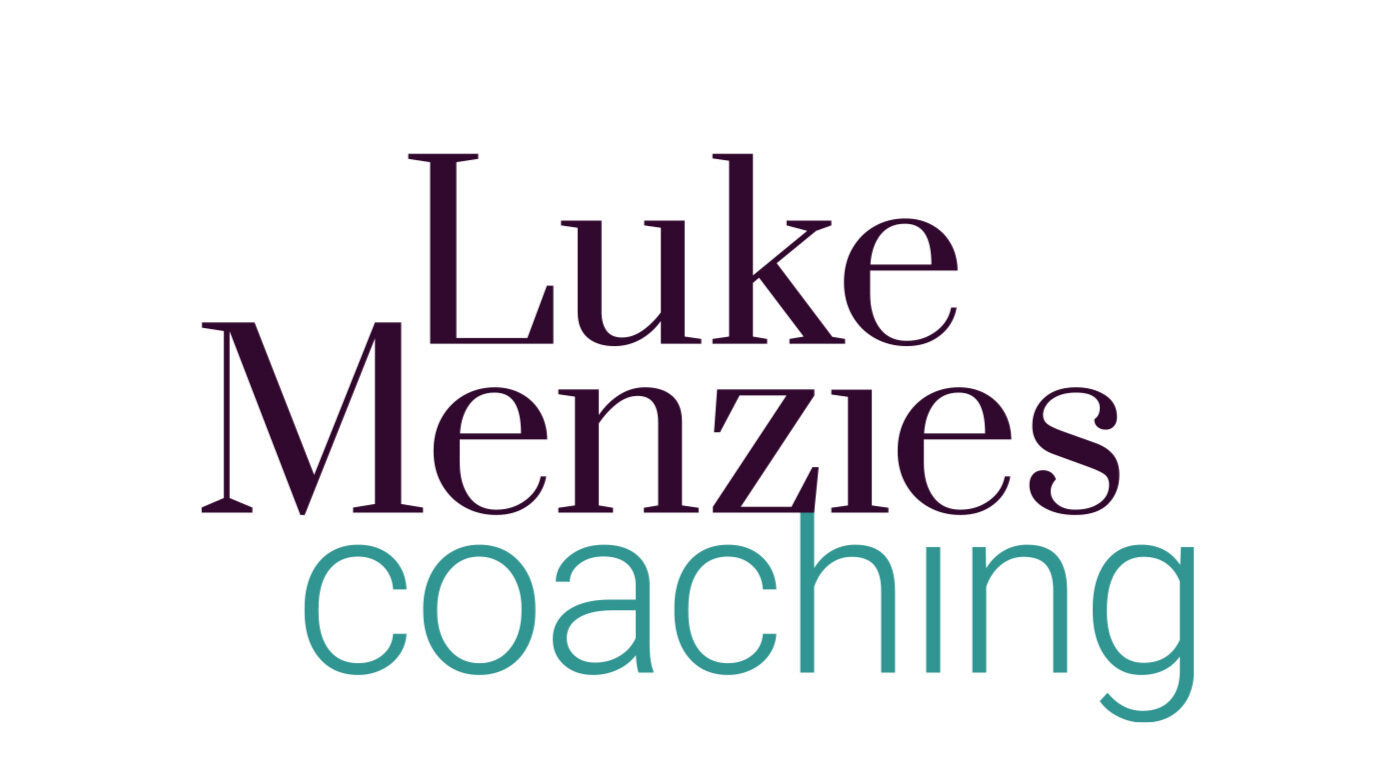Dealing with difficult clients: the Drama Triangle (part 2)
This blog is effectively a ‘part 2’ of my recent blog Dealing with difficult clients: the Drama Triangle. It’s worth reading that earlier blog, to put what I say below in context.
In this blog I provide an example that will be familiar with those of you who work with corporate clients – or anyone is may be a ‘demanding’ client.
Key concepts: a reminder
As a reminder, the Drama Triangle is a really useful theory of human interactions for all lawyers and other advisers to know something about. It is a model to understand how people can sometimes interact in an unhelpful, even destructive, way at times of conflict.
In every Drama Triangle conflict, there are potentially three roles that you unwittingly play:
· Victim (“Poor me! Help!”)
· Rescuer (“Let me help you!”)
· Persecutor (“It’s your fault – you’ve messed up!”)
You do not consciously choose to be any of these roles. You get trapped in them by circumstances and by how you automatically respond to the conflict.
Working out that you’re in a Drama Triangle, what your role is, and what the pay-offs are for you and the others in this ‘game’ are the keys to unlocking yourselves from the triangle.
A great way of quickly understanding the Drama Triangle is to watch this video from Conscious Leadership.
The Drama Triangle is a competition in victim consciousness: who can manage to be the biggest victim in the situation? The Victim thinks it must be them, because they’re not in control and all the ‘bad stuff’ is being ‘done’ to them. But the Persecutor also feels a victim of the mistakes of others and is angry about it. And the Rescuer ends up worn out and resentful because of all the rescuing they feel they have to do – and so they are competing for victim status as well.
(For more details, see my earlier blog).
Example #2: the demanding client
· You have a client who you experience as demanding. They may be a corporate client or an individual.
· The reason you find them ‘demanding’ may be their pushiness about your response times, their unease/anxiety/anger over the legal issues you’re assisting them with or perhaps simply they way they respond to the stress in their work or personal situation.
· Sometimes, they may not sound particularly pushy, rushed, angry or anxious when they speak to you, but something in how they deal with you makes them feel demanding and burdensome to you. They may be great at ‘passive aggression’ – not being overtly hostile to you, but making sure you nonetheless really feel their displeasure. (This is likely to be their ‘emotional dumping’ on you that I described in another recent blog.)
· Your heart may sink when you pick up their file, see a new email from them or see that they’re calling you. If they’re particularly demanding, you may get a little prick of panic or anger. However you experience it, this is your body telling you that (at a basic level) “this client = danger”. Danger to your sense of wellbeing and calm. Danger to your happiness for the next 10 minutes, hour or the rest of the day.
· If you’ve not guessed it yet, you’ve found yourself in a Drama Triangle and your client is playing the Persecutor.
· And guess which role you’re lumbered with? Yes, Victim.
· You may not be directly saying or feeling “poor me”, “help me!”, or “what did I do to deserve this?” – but you are still likely to be feeling under pressure, under attack or exposed to some level of personal ‘threat’. The threat may well be simply a worry about keeping the client happy and keeping your firm happy. Or you may worry about whether you’re up to the job with this client (very common).
· As a result of being the Victim and feeling under ‘threat’, you’re not going to be the best version of you in this client relationship.
· In Victim mode, you tend to feel disempowered and vulnerable. You won’t perform as well as you normally do. You may well forget to do things, or mishandle some aspect. You often end up making mistakes or taking longer than usual with a task because you’re unsettled.
· If you do, you may then feel even more unsettled by the client and their work than before. A self-fulfilling prophesy! It’s not a good place to be.
· Often, we become avoidant of the case/file, finding reasons to avoid the client’s next email or call for a while, while we fret about it.
· Sometimes our chief response is anger, and we find ourselves saying things like “How dare they!” and “Don’t they know I have other clients too?” For many of us, anger can be seen as more acceptable to ourself and colleagues than any display of vulnerability. And definitely preferable to self-pity!
· (If you find yourself responding with anger, it could be said that you’re moving into Persecutor role momentarily, although if your anger comes from feeling under threat then you will soon revert to Victim.)
· Being in Victim is not a nice place for anyone. If this happens to be your general outlook on life, then some counselling or psychotherapy may very well help you greatly. But if this isn’t your standard view of the world then you can help yourself significantly by using the antidote of self-awareness.
The Antidote
The antidote to being caught in a Drama Triangle is awareness. Be aware that it exists. Look out for it, talk to your colleagues and boss about it. Bring it up as an interesting thing to talk about in team meetings. Bring it to supervision. Laugh about it. BE AWARE OF IT.
As soon as you’re aware of it, you can usually step out of it. It’s usually that simple. If you detect that you’re in Victim mode, stop and think. Make a list of the ways the client has made you feel and what they did to you to make you feel this way. Was it their pushiness, tone of voice, email content, number of calls/emails, anger or ‘stressiness’? Was it a combination of things?
Think about what pushed you into feeling under pressure/threat, and make a note to try to respond differently next time. What do you need to remind yourself of, next time? (E.g. “I’m good at what I do.” “I’m responding within a reasonable timeframe.” “I’m being perfectly professional.” “The client is clearly upset/stressed/under pressure – I won’t take it personally.”)
What may it be helpful for you to remind yourself about the client’s own issues? What polite push-back may you need to give them? Where is the right boundary between what’s going on and appropriate professionalism? Can your boss or a colleague help you here?
Can you think kindly about your client’s pushiness and perhaps keep them calmer by sending them more regular updates or sending short holding responses to their emails that may make them feel heard while not causing you to stop other work?
Talking to colleagues about it is often the most effective – the mere act of voicing it can bring you all sorts of insight to help with next time.
Maintain your RADAR
I strongly encourage you to maintain your ‘Drama Triangle RADAR’ at all times. Develop your own understanding of where your lines and boundaries should be, between appropriate professionalism and becoming caught up in a Drama Triangle.
If, as in the above example, you have a client who appears to be in the Persecutor corner, watch out for any move on your part into Victim. Get used to the situations where you tend to do this and give yourself permission to create a new range of more positive responses to this pressure.
I hope you’ve found this blog useful. In a future blog I will look further at dealing with difficult clients, this time using the Parent-Adult-Child model, which can be as helpful as the dear old Drama Triangle.
If you’d like to talk about your own situation, I’d love to hear from you. Find me at www.lukemenziescoaching.com. Come and have a free, no-commitment Chemistry Session with me, where we can start to unpack some of this for you and you can get a feel for whether coaching might help you.




